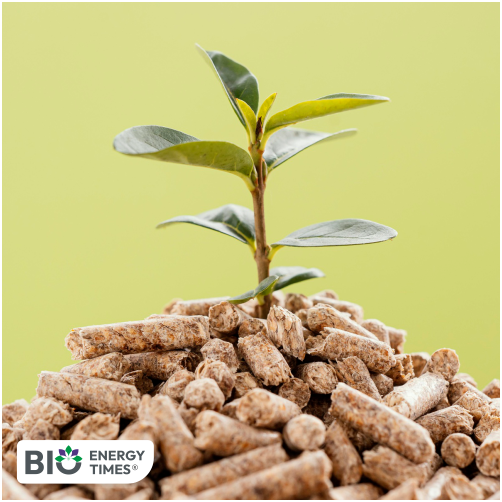The Ministry of New and Renewable Energy (MNRE) has released updated guidelines for Phase-I of the National Bioenergy Programme, covering the financial years 2021–22 to 2025–26. These revisions aim to streamline the implementation of biomass technologies across the country, promote cleaner energy alternatives, and simplify regulatory processes, particularly benefiting Micro, Small and Medium Enterprises (MSMEs).
The revised framework introduces several key changes designed to reduce bureaucratic hurdles. By cutting down on paperwork and easing approval procedures, the Ministry hopes to facilitate smoother operations and faster project development, contributing to improved stubble management and supporting India’s broader climate goal of achieving net-zero emissions by 2070.
A standout feature of the updated guidelines is the introduction of more accessible technology for monitoring. Rather than mandating expensive SCADA systems, the new rules allow for cost-effective options like IoT-based solutions or quarterly data submissions, making compliance more feasible for smaller businesses.
Documentation requirements for briquette and pellet plant developers have also been significantly relaxed. Developers are now exempt from submitting multiple clearance-related documents, reducing delays and further supporting the ease of doing business in the sector.
In another move aimed at increasing flexibility, the earlier condition requiring a two-year sale agreement for briquette or pellet production has been replaced with a general sale agreement. This change allows businesses to respond more effectively to market dynamics without being tied to long-term contracts.
The subsidy system under the Central Financial Assistance (CFA) component has been made more transparent and performance-driven. Projects operating at over 80% efficiency will be eligible for full financial support, while those falling short will receive proportional assistance.
Inspection procedures have also been modified. The timeline for performance inspection, previously fixed within 18 months of commissioning, can now begin either from the date of commissioning or from the in-principle approval—whichever comes later. The MNRE Secretary also has the discretion to extend this period to accommodate practical on-ground challenges.
Additionally, the operational inspection has been streamlined. Instead of assessing plant performance over three days at 16 hours per day, a single 10-hour continuous operation is now considered sufficient to verify capacity and performance claims.
To address regional air quality concerns, particularly from stubble burning in northern India, the revised policy offers flexibility to biomass pellet producers in Delhi, Punjab, Haryana, and the NCR districts of Rajasthan and Uttar Pradesh. These producers can now choose between MNRE or CPCB support schemes based on which option best meets their needs.
Overall, these changes are expected to facilitate faster adoption of biomass technology, ensure timely disbursal of financial assistance, and encourage the growth of biomass-based energy projects. This will not only aid in managing agricultural waste sustainably but also play a critical role in reducing air pollution and advancing India’s clean energy agenda.















